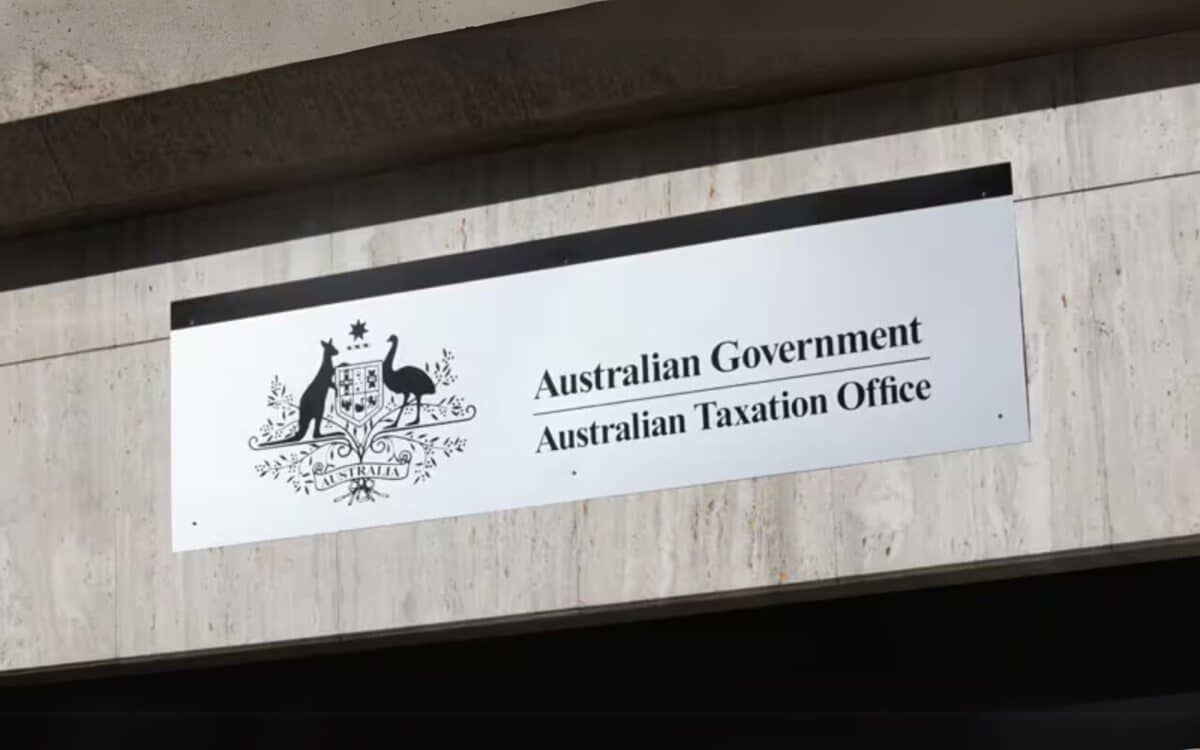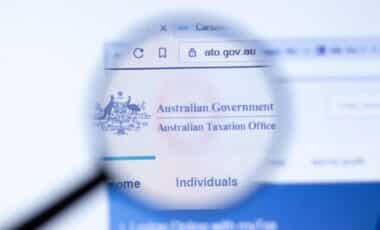The Tax Practitioners Board (TPB) has provided important clarifications regarding the reporting of breaches within the profession. Recent updates confirm that practitioners are only required to report breaches that occur from July 1, 2024, onwards, easing concerns about retrospective reporting.
Additionally, the TPB has outlined the required standards for submitting breach reports, emphasising the necessity for reasonable grounds and evidence.
Reporting Requirements Take Effect From July 1, 2024
The TPB has confirmed that the breach reporting obligations apply strictly to breaches occurring on or after July 1, 2024. This means practitioners are not required to report historical breaches, even if they become aware of them after this date.
According to TPB Chair Peter de Cure, the intent of this rule is to ensure a clear starting point for compliance rather than burdening professionals with retrospective assessments. Tony Greco, General Manager of Technical Policy at the Institute of Public Accountants (IPA), welcomed the clarification, noting that it alleviates concerns about needing to review past incidents.
The TPB also clarified that while the breach reporting obligations took effect in July 2024, the code determination requirements, particularly those related to false or misleading statements, have different start dates:
- January 1, 2025, for large firms with 100 or more employees
- July 1, 2025, for smaller firms
Despite these different timelines, the obligations will often overlap once fully implemented.
Reasonable Grounds Required for Breach Reports
The TPB has emphasised that breach reports must be based on reasonable grounds. While practitioners are not required to have conclusive proof, they must be able to substantiate their claim with evidence. Reports based solely on hearsay or personal opinions do not meet the TPB’s standard for reasonable belief.
Chair Peter de Cure highlighted that the test for determining whether a breach should be reported is objective, meaning that a reasonable person in the same position would need to reach a similar conclusion.
The TPB has also warned against frivolous or vexatious complaints, stating that false or misleading breach reports could lead to disciplinary action against the reporting practitioner.
To avoid unnecessary or incorrect reports, practitioners should consider the following before submitting a breach notification:
- Is the breach significant? Minor administrative errors are unlikely to require reporting.
- Is there evidence to support the claim? Reports should not rely solely on rumors or unverified statements.
- Would a reasonable person in the same position reach the same conclusion? Subjective opinions are not enough.
- Has the practitioner made a genuine effort to verify the breach? If no effort was made to check the facts, the report may not be valid.
Examples of Valid and Invalid Breach Reports
To illustrate the standards required for breach reporting, the TPB provided examples of situations where a breach report may or may not be necessary:
- Invalid report: A tax practitioner, Tamara, loses a client to another practitioner, Max. After hearing unverified rumors that Max was involved in fraudulent tax claims, she submits a breach report without conducting any inquiries. The TPB would consider this a false or vexatious claim, as Tamara failed to establish reasonable grounds.
- Valid report: If a practitioner witnesses a colleague submitting false tax documents or discovers documented evidence of a significant breach, they are obligated to report it.
In another example, Brittany, a BAS agent, hears gossip about another agent, Chris, falsifying Continuing Professional Education (CPE) certificates. However, since she does not have independent evidence and did not investigate further, she would not be required to report Chris.
Implications for Tax Practitioners
The TPB’s clarifications provide clearer guidelines on when and how tax practitioners should report breaches. The key takeaways include:
- Practitioners are not required to report breaches that occurred before July 1, 2024.
- All reports must be based on reasonable grounds, meaning evidence or clear justification is needed.
- Frivolous or unsubstantiated breach reports could lead to disciplinary action.
- Different compliance dates exist for various reporting obligations, with larger firms needing to comply with new rules earlier than smaller firms.
With these guidelines in place, tax practitioners can better navigate their obligations while ensuring that compliance reporting remains fair and evidence-based.









